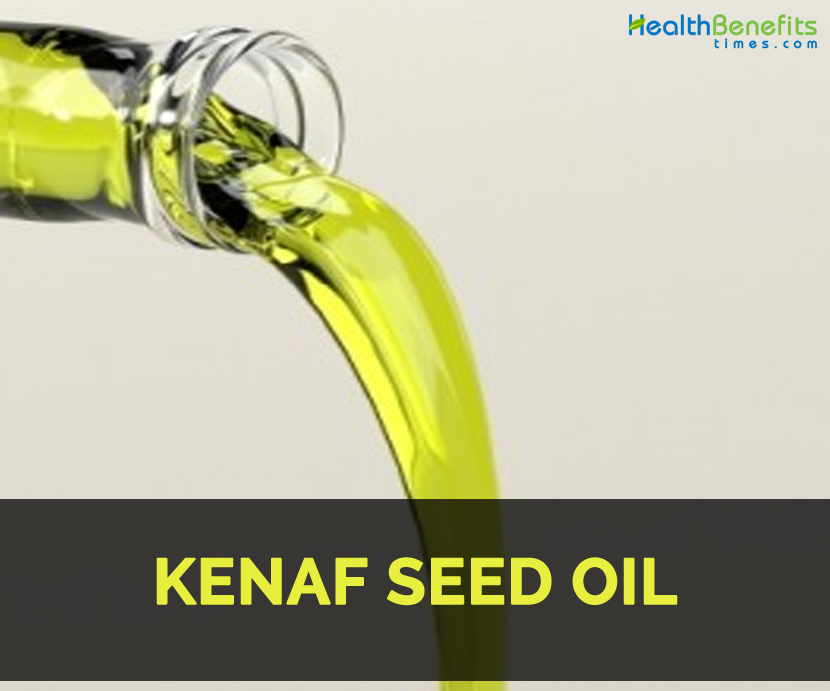| Kenaf seed oil uses and benefits Quick Facts | |
|---|---|
| Name: | Kenaf seed oil uses and benefits |
| Scientific Name: | Hibiscus cannabinus |
| Origin | Native to Africa and India. |
| Health benefits | Treat bilious conditions, bruises, puerperium and fever |
| Name | Kenaf seed oil uses and benefits |
|---|---|
| Scientific Name of Kenaf | Hibiscus cannabinus |
| Native | Native to Africa and India. |
| Common/English Name of Kenaf | Java jute, Deccan hemp, Bimli, Ambari Hemp, Ambary, Bimlipatum Jute, Deccan Hemp |
| Name in Other Languages of Kenaf | French: chanvre du Deccan, chanvre de Guinée, chanvre de Gambo, Jute de Java, chanvre de roselle, Jute de Siam, ketmie à feuilles de chanvre, roselle, kénaf; German: Ambari, Gambohanf, Dekkanhanf, Hanfeibisch, Kenaf, Javajute, Rosellahanf, Siamjute, Roselle; Spanish: cáñamo de la India, cáñamo Rosella, cáñamo de gambo, pavona encendida, yute de Siam, yute de Java Portuguese: cânhamo rosella, juta-do-sião, juta-de-java, quenafe; Brazilian Portuguese: papoula-de-são-francisco, quenafe, cânhamo-brasileiro; Egypt & Northern Africa: til, teal, teel; Afrikaans: stokroos; Himachal(Pangolu): sunn; West Africa: dah, rama, gambo; India: Manipur: Shougri; Bengal: mesta; Bihari: Kudrum; Marathi: Ambaadi; Telugu: Gongura, Punti Kura, Taag-Ambadi; Tamil: Palungu (பலுஂகு), pulicha keerai (புளிச்சைக் கீரை); Taiwan: ambari; Iran (Persian): Kanaf (کنف); |
| Extraction method | Supercritical fluid extraction, Soxhlet extraction |
Awesome


